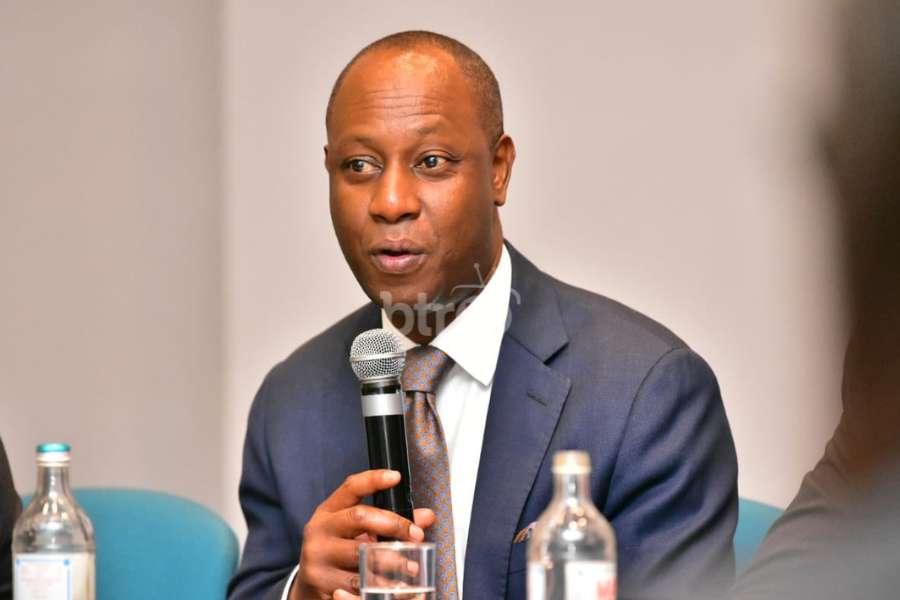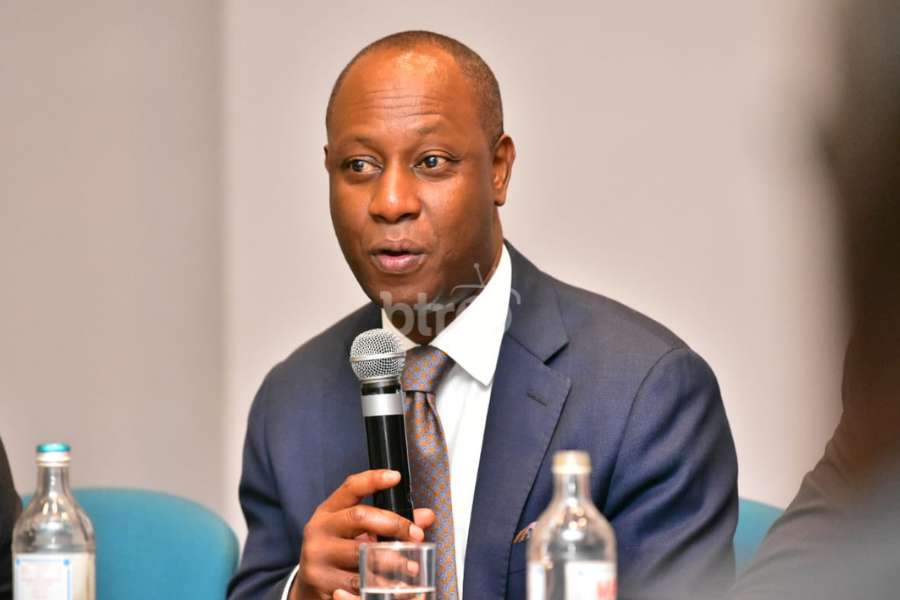
Africa Poised to Lead the Global Fashion Industry, UNESCO Report Reveals
- By BTR Tv Kenya --
- 27 Oct 2023
In a groundbreaking report released yesterday, 26 October in Lagos, Nigeria during the Lagos Fashion Week, UNESCO's Director-General, Audrey Azoulay, announced that Africa has the potential to become one of the world's leading fashion hubs. The report, titled "The Fashion Sector in Africa: Trends, Challenges and Opportunities for Growth," highlights the continent's rich resources, burgeoning consumer markets, and a growing pool of talented designers.
Audrey Azoulay, UNESCO's Director-General, expressed her optimism about Africa's fashion industry, stating, "Fashion is really taking off in Africa, and this report shows that it can be developed even further. The potential is enormous, not only for the economy but also for young people's inclusion, women's empowerment, and the global resonance of African culture."
The report reveals that Africa is a major producer of raw materials, with 37 out of 54 countries cultivating cotton. Additionally, the continent exports textiles worth $15.5 billion annually while importing textiles, clothing, and footwear worth $23.1 billion. This demonstrates Africa's significant role in the global fashion supply chain.
One of the key drivers of Africa's fashion industry is the growing demand for "Made-in-Africa" products, particularly among the youth and the expanding middle class. With the under-25 population accounting for 50% of the continent's total population and the middle class making up over 35%, new consumer markets are emerging. Furthermore, Africa's digital sector is experiencing rapid growth, facilitating intra-African trade and nurturing young talent.
The report also highlights the abundance of talent in Africa's fashion industry, evident through the 32 Fashion Weeks held annually across the continent. It predicts a 42% increase in demand for African haute couture over the next decade, underscoring the potential for growth and innovation.
However, the report identifies four critical challenges that must be addressed to unlock Africa's fashion sector's full potential. Firstly, legal protections for designers and professionals need strengthening, including intellectual property rights, remuneration levels, and working conditions. Secondly, investment in small and medium-sized enterprises (SMEs) is crucial, as they represent 90% of businesses in the African fashion sector and are vital for preserving cultural practices and providing employment opportunities.
Thirdly, environmental standards must be established to address the fashion industry's significant ecological impact. The report encourages the use of local materials, innovation in sustainable textiles, and the promotion of sustainable consumption patterns. Africa has already seen a 90% increase in the production of organic cotton fiber between 2019 and 2020, accounting for 7.3% of global production.
Lastly, the transmission of traditional skills and formal training need improvement. UNESCO calls for mentoring schemes to preserve traditional practices and inspire young designers. Additionally, there is a need to expand qualifications and training in key professions related to the fashion industry, such as quality control, commercial law, marketing, and new technologies like 3D printing and e-commerce.
Omoyemi Akerele, Director of Lagos Fashion Week, emphasized the importance of strengthening the entire production chain to meet the growing demand for "Made in Africa" products. She praised the UNESCO report for its valuable insights and its potential to raise awareness among public decision-makers.
With the right support and investment, Africa has the opportunity to become a global fashion leader, driving economic growth, empowering women, and showcasing its rich cultural heritage to the world. The UNESCO report serves as a roadmap for public decision-makers to realize this vision and unlock Africa's fashion potential.









